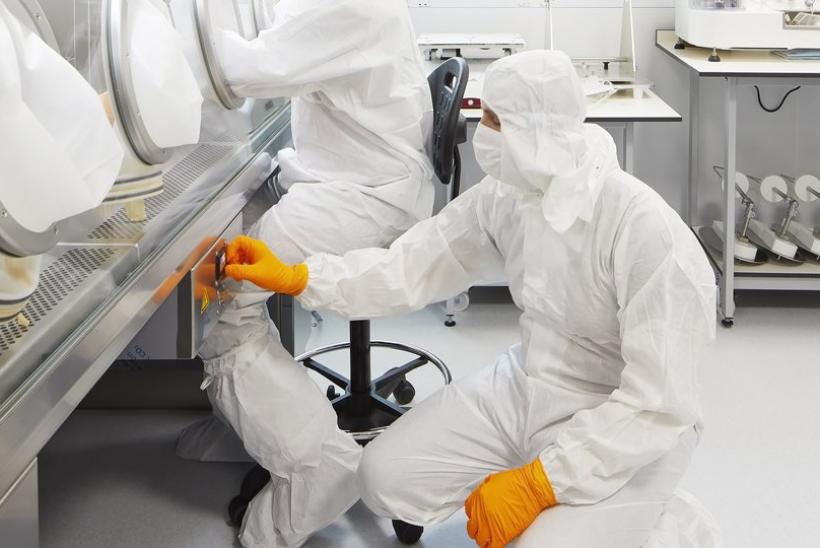Gene therapy trial aids children with severe immune disorder
GOSH researchers, working with international collaborators, have shown that a new gene therapy has long-term benefits for children with the severe immune disorder, Wiskott-Aldrich syndrome.
What is Wiskott-Aldrich syndrome?
Wiskott-Aldrich syndrome (WAS) is a rare genetic condition that reduces a child's ability to fight infection and affects around three in every million children worldwide. It is caused by errors in a section of DNA on the X-chromosome, and affects almost exclusively boys.
Symptoms of WAS include easy bruising, bloody diarrhoea and prolonged bleeding following relatively small bumps and scrapes. Children with severe WAS are more vulnerable to infection and at higher risk of developing certain cancers. Without proper treatment, the condition can be life-threatening, most often from bleeds in the brain.
The current standard treatment is a bone marrow transplant, but only around 20% of patients can find a suitable matching donor, which is usually a close family member. Without transplantation, children with WAS have a reduced life expectancy. However, an alternative approach – gene therapy – is now showing promise.
Transforming lives with new gene therapy
An international team of researchers from Great Ormond Street Hospital (GOSH) and the UCL Great Ormond Street Institute of Child Health (UCL GOS ICH) in the UK and Necker-Enfants Malades Hospital in France treated eight children who have WAS with lentiviral gene therapy. This works to treat WAS by introducing healthy versions of the faulty gene that causes WAS into a patient's cells. These healthy genes are delivered by a harmless lentivirus.
The study, published in Nature Medicine, showed that after receiving this gene therapy, most patients had a significant reduction in the number and severity of infections. They were also able to stop taking antibiotics needed to protect them from regular infections, and all but one had eczema related to the condition completely clear-up. While some patients did continue to have low numbers of blood clotting cells (known as platelets) after treatment, none had any severe or spontaneous bleeding episodes.
This research continues to show the benefits of gene therapy, as we see our young patients begin to live lives like their friends and not have to worry about everyday bumps and scrapes.
Professor Adrian Thrasher, Professor of Paediatric Immunology at GOSH and UCL GOS ICH, and senior author
Four years after treatment the benefits of the gene therapy continued, and no severe side effects or toxicity were found. This study shows one of the first long-term, safe, gene therapy treatment for WAS.
Gene therapy as an alternative to transplantation
For patients who cannot find a suitable bone marrow donor, this gene therapy offers a safe alternative to transplant.
It could also be used when bone marrow transplantation poses a high risk, for example if a child has severe infection at the time or severe autoimmunity. This could extend the life expectancy of children with WAS by decades and vastly improve their quality of life.
We are incredibly proud of how far our gene therapy research at GOSH and UCL ICH has come along. Since treating the first child with gene therapy in 2001 we have continued to be pivotal in gene therapy trials like this one – from leading in the clinical trial to providing the technology needed for gene therapy.
While this treatment is not yet available on the NHS for WAS, with long term follow up we hope it could offer chance of a potential 'cure' for children with life limiting immune-deficiencies like WAS.
Professor Adrian Thrasher

